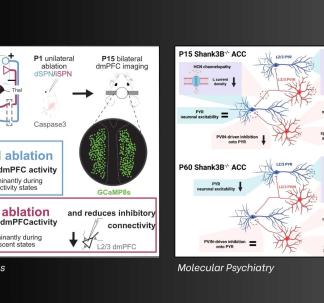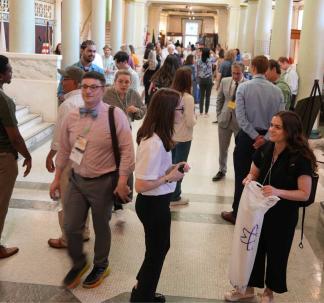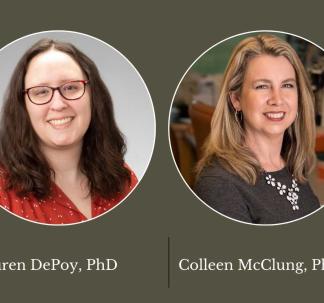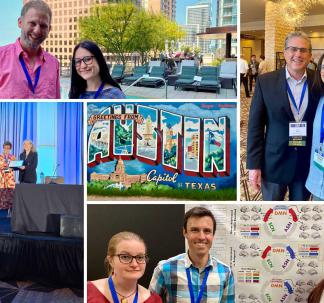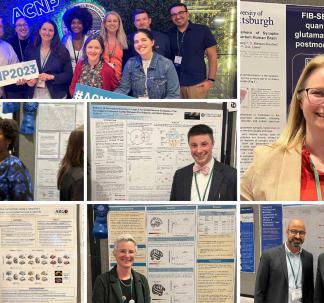
Kyle D Ketchesin, PhD
Assistant Professor of Psychiatry
Contact Details
3811 O'Hara St.
Pittsburgh
PA
15213
Email ketchesinkd@upmc.edu
Education & Training
PhD
Neuroscience, University of Michigan
Psychiatry, University of Pittsburgh School of Medicine
Professional Affiliations
Member, Society for Neuroscience
Member, Research Society on Alcohol
Member, Society for Research on Biological Rhythms
Selected Honors & Awards
Young Investigator Award, Brain & Behavior Foundation
Hamilton Family Award for Basic Neuroscience Research in Psychiatry, Department of Psychiatry, University of Pittsburgh School of Medicine
Research Interests
Circadian rhythms in psychiatric disorders; Epigenetics; Multi-omics
Selected Research Publications & Products- Perez MS, Yin R, Scott MR, Zong W, Seney ML, Xue X, Hildebrand MA, Shankar VG, Glausier JR, Lewis DA, Tseng GC, Ketchesin KD & McClung CA. (2025). Sex and regional differences in gene expression across the striatum in psychosis. Translational Psychiatry, 15(1):192. doi: 10.1038/s41398-025-03395-3.
- Ketchesin KD, Becker-Krail DD, Xue X, Wilson RS, Lam TT, Williams KR, Nairn AC, Tseng GC & Logan RW. (2023). Differential effects of cocaine and morphine on the diurnal regulation of the mouse nucleus accumbens proteome. Journal of Proteome Research, 22(7):2377-2390. doi: 10.1021/acs.jproteome.3c00126.
- Ketchesin KD, Zong W, Hildebrand MA, Scott MR, Seney ML, Cahill KM, Shankar VG, Glausier JR, Lewis DA, Tseng GC & McClung CA. (2023). Diurnal alterations in gene expression across striatal subregions in psychosis. Biological Psychiatry, 93(2):137-148. doi: 10.1016/j.biopsych.2022.08.013.
- Ketchesin KD, Zong W, Hildebrand MA, Seney ML, Cahill KM, Scott MR, Shankar VG, Glausier JR, Lewis DA, Tseng GC & McClung CA. (2021). Diurnal rhythms across the human dorsal and ventral striatum. Proceedings of the National Academy of Sciences, 118(2):e2016150118. doi: 10.1073/pnas.2016150118.
- Ketchesin KD, Becker-Krail D & McClung CA. (2020). Mood-related central and peripheral clocks. European Journal of Neuroscience, 51(1):326-345. doi: 10.1111/ejn.14253.

